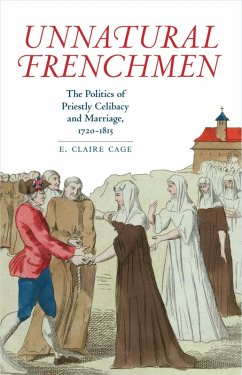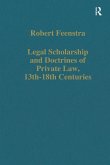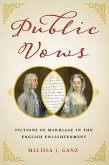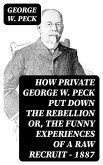In Enlightenment and revolutionary France, new and pressing arguments emerged in the long debate over clerical celibacy. Appeals for the abolition of celibacy were couched primarily in the language of nature, social utility, and the patrie. The attack only intensified after the legalization of priestly marriage during the Revolution, as marriage and procreation were considered patriotic duties. Some radical revolutionaries who saw celibacy as a crime against nature and the nation aggressively promoted clerical marriage by threatening unmarried priests with deportation, imprisonment, and even death. After the Revolution, political and religious authorities responded to the vexing problem of reconciling the existence of several thousand married French priests with the formal reestablishment of Roman Catholicism and clerical celibacy.
Unnatural Frenchmen examines how this extremely divisive issue shaped religious politics, the lived experience of French clerics, and gendered citizenship. Drawing on a wide base of printed and archival material, including thousands of letters that married priests wrote to the pope, historian Claire Cage highlights individual as well as ideological struggles. Unnatural Frenchmen provides important insights into how conflicts over priestly celibacy and marriage have shaped the relationship between sexuality, religion, and politics from the age of Enlightenment to today, while simultaneously revealing the story of priestly marriage to be an inherently personal and deeply human one.
Dieser Download kann aus rechtlichen Gründen nur mit Rechnungsadresse in A, D ausgeliefert werden.









